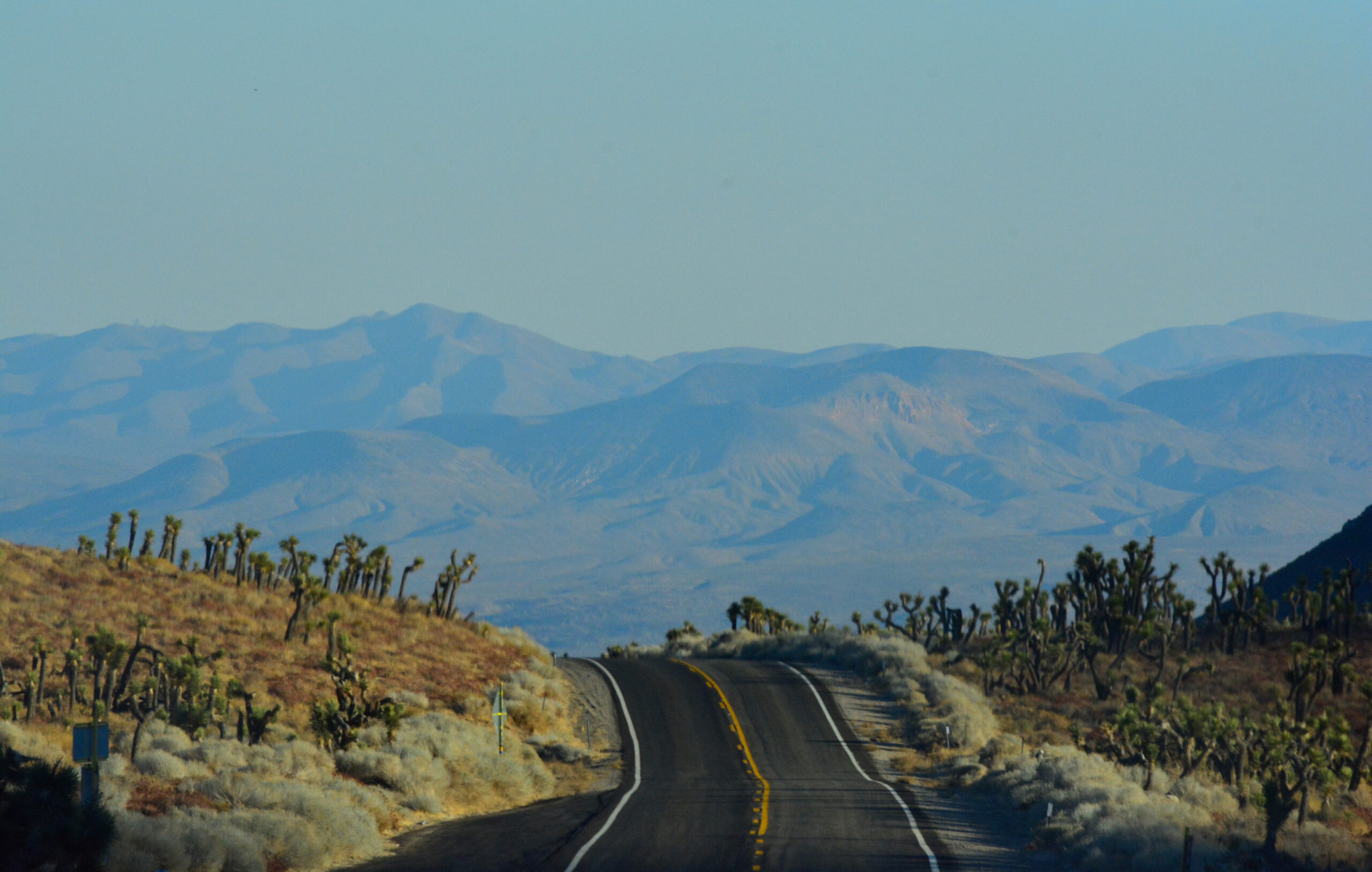At 1:00 a.m. on Tuesday, Aug. 8, Linden Koshland awoke to a sharp knock at her grandmother’s front door. It was a nightwatchman from the neighborhood, informing residents that a massive fire had started east of downtown Lahaina, Maui. He urged the family to evacuate immediately.
“I walked outside, and you could see this orange dome of flames, not that far away from where we were,” said Koshland. “I was like, oh, we’ve gotta get out of here.”
Half an hour later, Koshland’s family was driving their rental car towards Northern Lahaina, listening to updates on the radio every 15 minutes. Power and cell service were down. They arrived at a parking lot about 15 minutes away from the house, where they felt confident that the fire was farther away, and slept in the lot overnight.
By Thursday Aug. 10, they had secured plane tickets off the island, bought by a friend who they were able to briefly contact via cell phone. While driving towards the airport, Koshland and her family got a firsthand view of the devastation from the fire.
“We had driven through that exact place where it was all burned down the day before the fires had started,” said Koshland. “It looked totally different. You could see the destruction and the tangle of wire, the shells of burnt cars in the driveway. All of the houses were just gone.”
Koshland and her family were able to evacuate safely. She returned to school on Wednesday, Aug. 16, to begin her senior year Berkeley High School.
This summer, citizens worldwide have experienced the acute impacts of climate change. While Koshland’s experience was extreme, it was not as unusual as it might have once been to experience extreme weather during summer break.
Get the best of the Jacket in your inbox
Sign up for our bi-weekly newsletter to get a curated selection of Jacket articles.
July 2023 was the hottest month ever recorded. Cities across the world have been hit by extreme temperatures, floods, tornadoes, fires and hailstorms.
In Lahaina, 115 have died from a massive fire, with more than a thousand remaining unaccounted for. Arizona residents suffered more than a month of temperatures above 110 degrees Fahrenheit. Multiple wildfires in Canada stemming from drought forced evacuations and scorched thousands of square miles.
BHS students on break have not been spared. During summer programs, family vacations, and staying at home, they’ve been forced to grapple with what travel and summer breaks look like with climate change. Many have experienced the effects firsthand.
“We always talked about, like, oh, the effects are going to get a lot worse,” said Maelle Griffin, a junior at BHS. “Some people just don’t believe in climate change, which is very frightening, because there’s now these physical manifestations.”
Griffin, who attended an acting program at Northwestern University in Chicago, experienced the smoke that had blown over from Canadian fires.
“The first day I was there, it was beautiful, sunny,” said Griffin. “And then the smoke rolls in. It slowly got worse and worse, to the point where we couldn’t go outside. Everyone was having trouble breathing.”
Others experienced extreme temperatures, as heat waves swept across the country. Junior Azaria Stauffer-Barney traveled North to Sonoma County for a choir camp, where a heat wave drove temperatures up to 108 degrees Fahrenheit.
“In the past, it had been like, 70s or 80s (on the first day),” said Stauffer-Barney. “So I think that was just kind of set off a little bell in my head going, oh, that’s not normal. That’s not really right.”
During Stauffer-Barney’s program, many outside activities were cut short, or moved to later in the day to avoid high temperatures.
For others who have stayed home for part or all of the summer, the climate in Berkeley has shifted as well from what they once knew.
“When I was younger, it used to be mildly cool all the time,” said junior Lilly Cobb. “Overtime, it’s gotten really hot … People sort of think of Berkeley in the same way. But it’s not the same.”
Experiencing extreme summer weather exacerbated by climate change has allowed students to closely feel the growing effects of global warming.
“This is a product of climate change,” said Stauffer-Barney, in reference to the rising temperatures across the nation. “And it’s right here, right now.”





